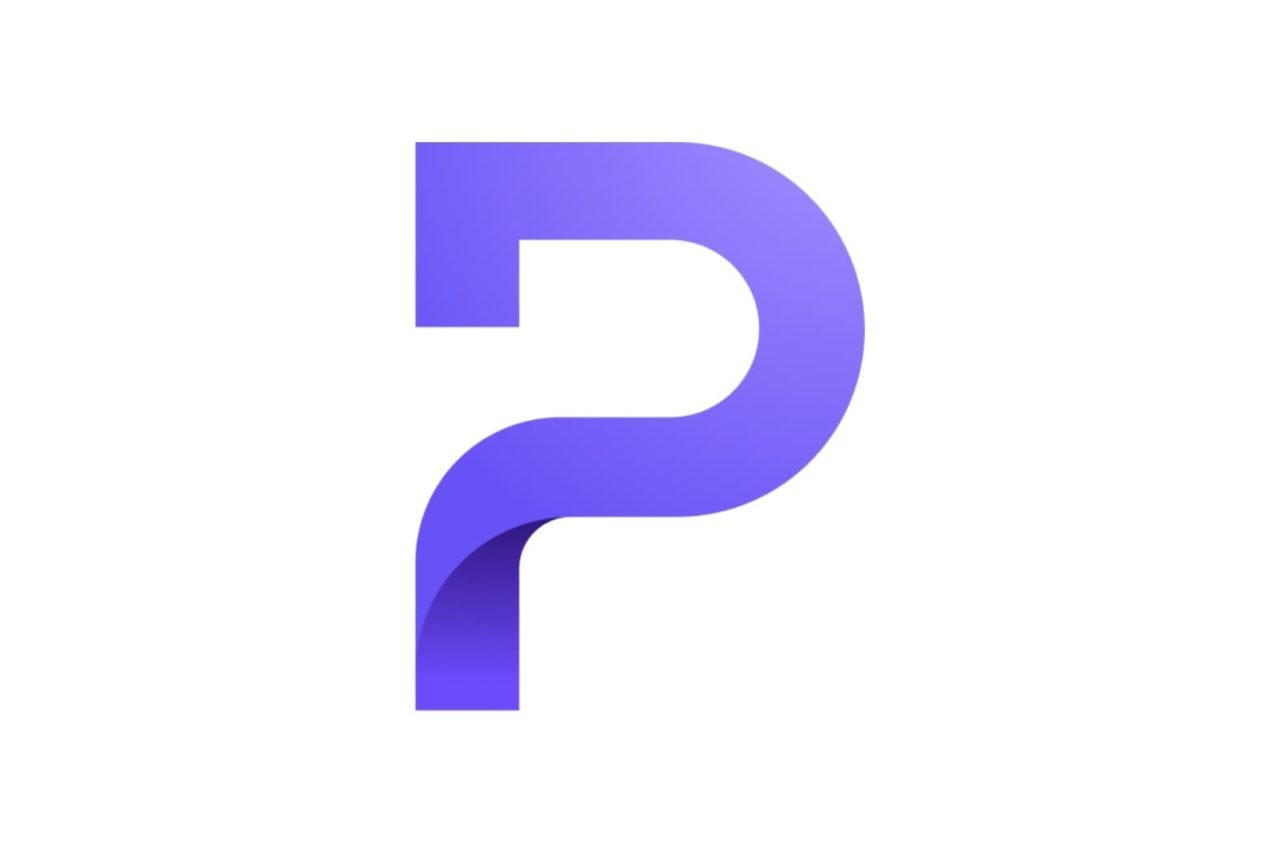Technology
Proton Launches Emergency Access for Users’ Trusted Contacts

Proton has introduced a new feature called Emergency Access, enabling users to designate up to five trusted contacts who can access their accounts in unforeseen circumstances. This initiative aims to provide users with a secure method to ensure that their important data remains accessible to loved ones during emergencies.
Emergency Access allows users of Proton Mail, Proton VPN, Proton Pass, and Proton Drive to grant access to their accounts, including emails, passwords, and documents. This feature addresses a common concern: the need for designated individuals to manage critical information when the account holder is incapacitated or unable to access their data.
The significance of this feature cannot be overstated. Many individuals rely heavily on digital tools to organize their lives, yet few consider what would happen if they could not access their accounts. By preparing in advance, users can prevent their data from becoming permanently inaccessible, thus offering peace of mind for both themselves and their families.
Users can choose how their trusted contacts gain access. They have the flexibility to permit immediate access or set a custom wait time before access is granted. If a trusted contact requests access during the waiting period, the user can approve or deny the request. If the user does not take action, access will be automatically granted after the designated waiting time has elapsed.
Streamlined Access with Privacy in Mind
Proton emphasizes that this feature maintains the company’s commitment to end-to-end encryption while providing a solution for emergency situations. Users can set up and manage Emergency Access through any web browser, ensuring seamless functionality across devices.
Daniel Rivera Jäggi, Senior Product Manager at Proton, stated, “Your digital life lives in your apps. We routinely have to manage hundreds of passwords, logins and apps as well as thousands of emails, files and folders. It can be immensely stressful if these vital tools are unavailable to loved ones in times of emergency.” He further added that Emergency Access is designed with both privacy and security in mind, allowing users to add another layer of assurance to their accounts.
The feature will be available to all paid Proton users starting from August 28, 2023. More details can be found on the Proton blog, where the company provides updates and insights regarding their services.
About Proton and Its Commitment to Privacy
Founded in 2014 in Switzerland by scientists from the European Organization for Nuclear Research (CERN), Proton aims to create an internet where privacy is the default setting. The company’s initial product, Proton Mail, has grown to become the world’s largest encrypted email service, and its suite of products—including Proton VPN, Proton Calendar, Proton Drive, and Proton Pass—utilizes advanced encryption to give users control over their data sharing.
Proton’s offerings are open source and developed by a dedicated team of over 500 professionals. Supported by an active community across more than 180 countries, Proton is committed to making privacy universally accessible, currently protecting over 100 million accounts worldwide, including those of journalists and major organizations.
With the launch of Emergency Access, Proton continues to enhance its users’ experience while prioritizing the security and availability of their vital digital information.
-

 Science2 weeks ago
Science2 weeks agoNostradamus’ 2026 Predictions: Star Death and Dark Events Loom
-

 Technology1 month ago
Technology1 month agoOpenAI to Implement Age Verification for ChatGPT by December 2025
-

 Technology6 months ago
Technology6 months agoDiscover the Top 10 Calorie Counting Apps of 2025
-

 Health4 months ago
Health4 months agoBella Hadid Shares Health Update After Treatment for Lyme Disease
-

 Health4 months ago
Health4 months agoAnalysts Project Stronger Growth for Apple’s iPhone 17 Lineup
-

 Health4 months ago
Health4 months agoErin Bates Shares Recovery Update Following Sepsis Complications
-

 Technology4 months ago
Technology4 months agoElectric Moto Influencer Surronster Arrested in Tijuana
-

 Technology5 months ago
Technology5 months agoDiscover How to Reverse Image Search Using ChatGPT Effortlessly
-

 Technology6 months ago
Technology6 months agoMeta Initiates $60B AI Data Center Expansion, Starting in Ohio
-

 Technology6 months ago
Technology6 months agoRecovering a Suspended TikTok Account: A Step-by-Step Guide
-

 Education4 months ago
Education4 months agoHarvard Secures Court Victory Over Federal Funding Cuts
-

 Technology2 months ago
Technology2 months agoDiscover 2025’s Top GPUs for Exceptional 4K Gaming Performance















